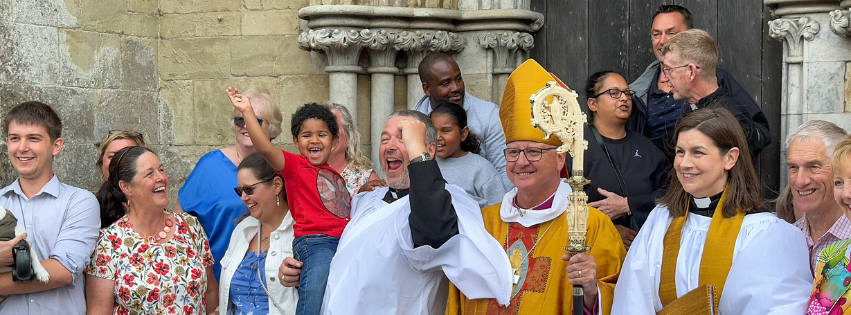
On this page you will find information to help you flourish in ministry. Most of the core documents you need are contained in our Clergy Handbook, which you can download The Clergy Handbook. Specific information on work life balance policies, leave, wellbeing and ministry in retirement is also detailed on web pages listed in this Clergy HR section, see the menu on the left of this page.
The Clergy Handbook provides advice and guidance to working arrangements for all clergy holding the Bishop's licence, although some sections will specifically apply to those on Common Tenure. It is a useful resource for all authorised ministers, ordained or lay, bringing together advice and guidance on working arrangements along with various regulations, policies and practices. The Clergy Handbook is a working document, with an annual review of all contents.
Further information on common tenure can be found in the national Church of England FAQs.
The Clergy Transitions Service is a confidential, personal support service for those at a vocational crossroad or seeking fresh opportunities. This service is provided by the Church of England.
There’s also some helpful information in the Family Leave Policy guidance.
For further help and support in relation to clergy terms of office, Statements of Particulars (SOP) or any other HR related matter, please email the Clergy HR Team.


